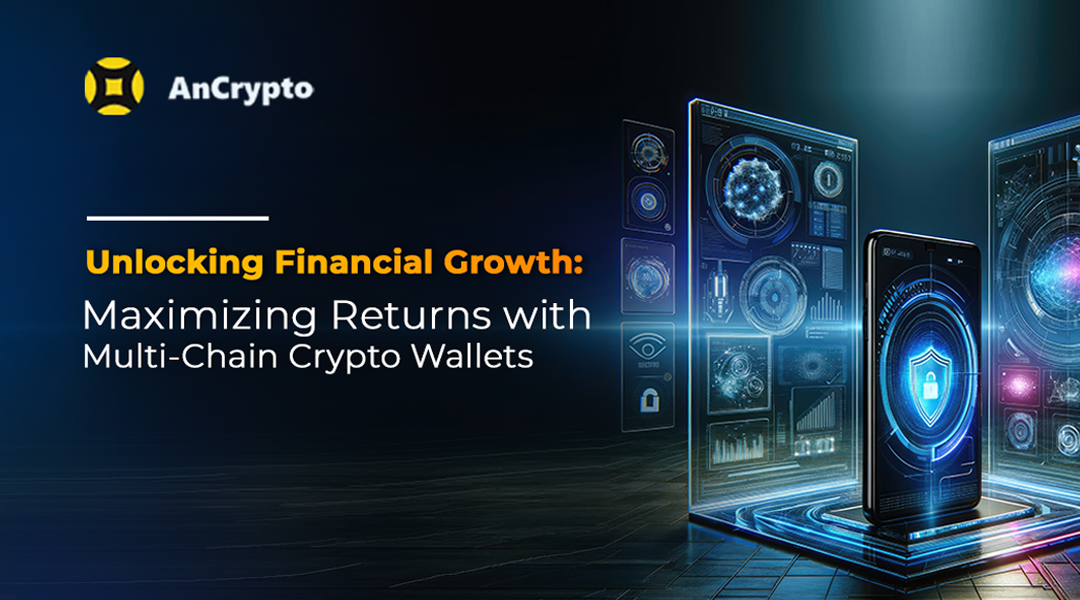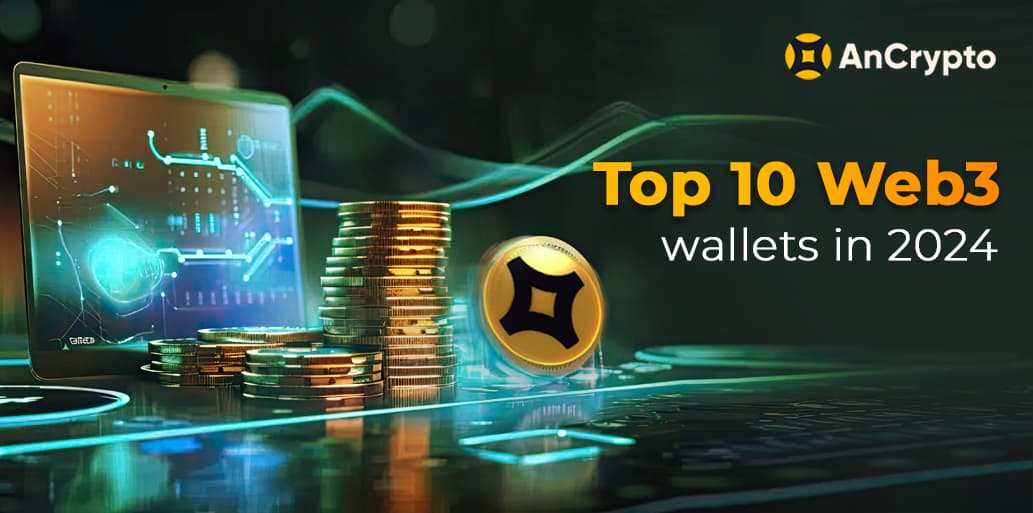By unlocking the new realm of creativity, NFTs empower people to push their boundaries and monetize their work! But amidst all the hype, one question looms big: Are you the owner of your creations?
Buying Myself Back: When does a model own her image?
Reflecting on working in the modeling industry, Emily Ratajkowski – the famous model and writer, created her own NFT, putting effort into reviving the usage of her likeness.
Many media stories are on fire with reports of tweets, artworks, and other digital content making millions of dollars when represented as NFTs. But one thing you should know,
Artworks (digital or otherwise) are not equivalent to NFTs- just because something looks like a duck and quacks like a duck- not necessarily a duck!
Saying in simple words- NFT, a Non-Fungible Token is a tokenization of a digital asset.
Digital assets can represent anything from commodities to real estate, coins, shares, audio, video clips, in-game items, events, documents, and more.
And, Tokens are programmable digital units of value maintained on a digital ledger, aka Blockchain.
Anything can be digitalized ( converted into digital form) and minted as an NFT.
So, what makes the NFTs unique from the other digital tokens?
The main difference between Non-Fungible tokens and Fungible Tokens is interchangeability ( or lack thereof ). Fungible tokens such as cryptocurrencies are interchangeable with other tokens having identical units with a difference in value.
NFTs, on the other hand, have attributes of originalities and scarcity like unique ID, and metadata which no other token can replace.
The token is what makes an NFT unique!
Each NFT is unique, with its own set of strings ( called a hash) representing its unique position in the Blockchain, on which minted and the token into which embedded. Anyone can access and track NFT as it serves as Proof Of Ownership & Certificate Of Authenticity. However, NFT only governs the ownership of tokens, not underlying IP Rights.

NFT Ownership and Its Connection With Intellectual Property
Ownership of NFT and ownership of Intellectual property with which NFT is associated- have critical distinctions.
When someone buys NFT linked to particular content, they have not acquired the ownership of intellectual property rights of said content.
Under Section 106 of the U.S. Copyright Act- A copyright owner possesses exclusive rights to recreate, create derivative works of, perform, showcase, and distribute the copyrighted work.
In general, The purchaser of NFT does not get all the copyrights to recreate, make derivatives of, or distribute the original content or asset unless having explicit permission from the seller.
So, What Rights Does NFT Buyer Get?
There is widespread confusion that when a buyer purchases an NFT, they acquire the underlying asset and all its accompanying rights.
However, they are just purchasing the metadata associated with the asset, not the asset itself or its commercial rights.
Here Is An Example-
If you buy a Marvel comic book, you own a physical copy. You can read the book and sell it, however, owning a book does not grant you the right to create Marvel merchandise or use it to make Marvel movies.
A recent incident involving Spice DAO demonstrated potential pitfalls of its structure when it announced plans to create Dune NFTs after buying the popular Dune Bible Story for a whopping $ 3.04 Million, later discovered that they are not legally entitled to do so, leading to the public embarrassment.
To make ownership evident,
Dapper Labs, a popular NFT Platform, created an NFT license, available for anyone, stating that NFT sellers can choose to outline what rights the buyer can or cannot have.
The license distinguishes the content associated with NFT from the NFT token. It clarifies that after the purchaser receives-
- The personal license of use and display NFT.
- Commercial license to create NFT merchandise.
In other words, the NFT license only suggested the terms and conditions that sellers and buyers can follow together as they find appropriate.
Ownership rights to the buyer can vary across different NFT projects, as no such effective protocol in the blockchain network includes the copyright terms in the token itself. NFT ownership works on a smart contract- not readable by humans and does not include actual legal entitlements or relationships.
Only Creator owns the IP rights, meaning they can retain the copyrights of the asset sold, and the buyer is granted a license to use that asset.
NFT Ownership’s Terms and Conditions Before You Make A Purchase
It is not always easy to locate the Terms & Conditions demonstrating the NFT ownership rights.
Some projects like Cryptopunks and Azuki do not mention the ‘Terms & Conditions’ of NFT ownership on their website. Other projects may have contradictory terms or only display copyright terms in their Discord server.
Conduct thorough due diligence and understand the terms of the NFT purchase. Breaching terms and conditions can result in legal claims against the buyer.
NFTs & Smart contracts are undoubtedly revolutionizing the way we think about ownership rights the buyer gets with NFT, however, the legal effectiveness is still a debatable topic.
According to section 101(3) of the Copyright Ordinance (Cap. 101 of the Laws of Hong Kong), similar copyright statutes in other jurisdictions like the US, UK, and Australia, an assignment of copyright is only valid if it is
- in writing
- signed by or on behalf of the assignor
By staying informed about the legal landscape and seeking professional advice when necessary, buyers and sellers can make informed decisions about how to navigate this exciting new world of digital assets.

AnCrypto Wallet: Setting New Standards For NFT Management
Hereafter as you have secured your NFT, the next step is to manage it. Becoming a popular go-to choice for NFT lovers, AnCrypto – nft wallet makes instant sharing and receiving of NFTs simpler for everyone.
It’s just the scratch of the surface- the wallet will soon be releasing a game-changing feature that lets anyone send/receive NFT in Chats. Plus, with the support of multiple blockchains, the wallet is an ideal choice for anyone looking for easy NFT management.





